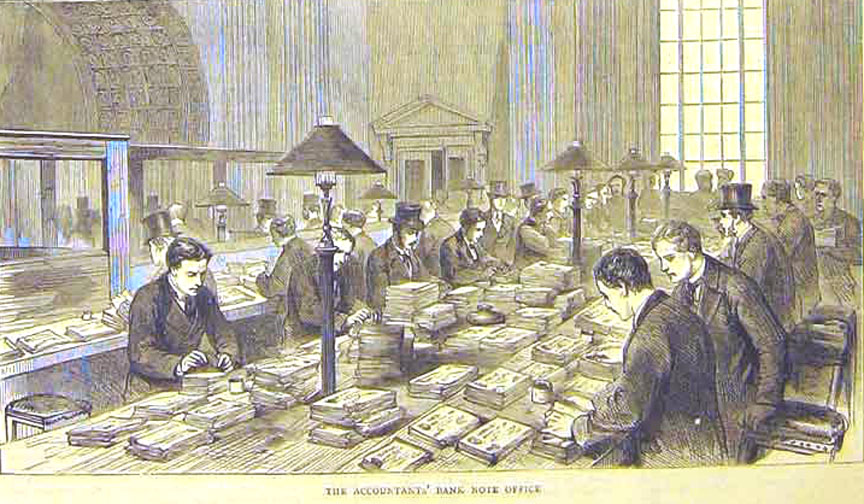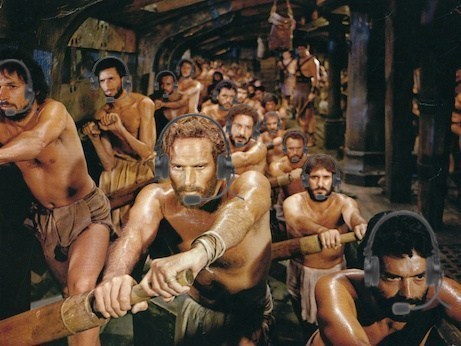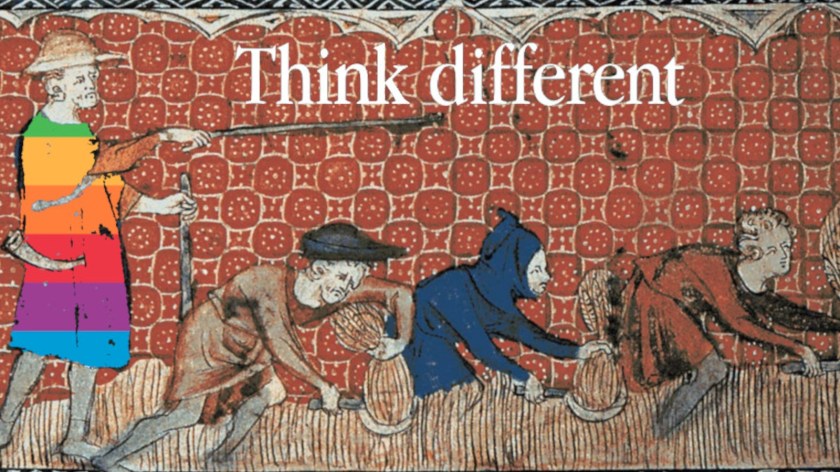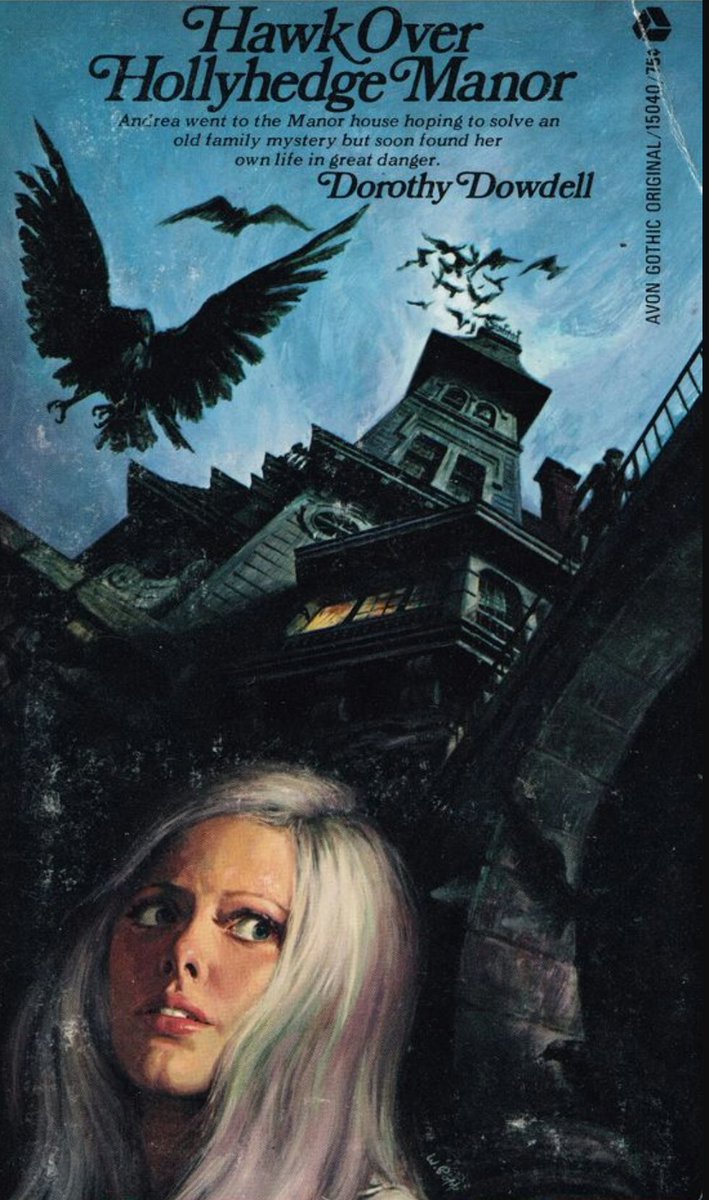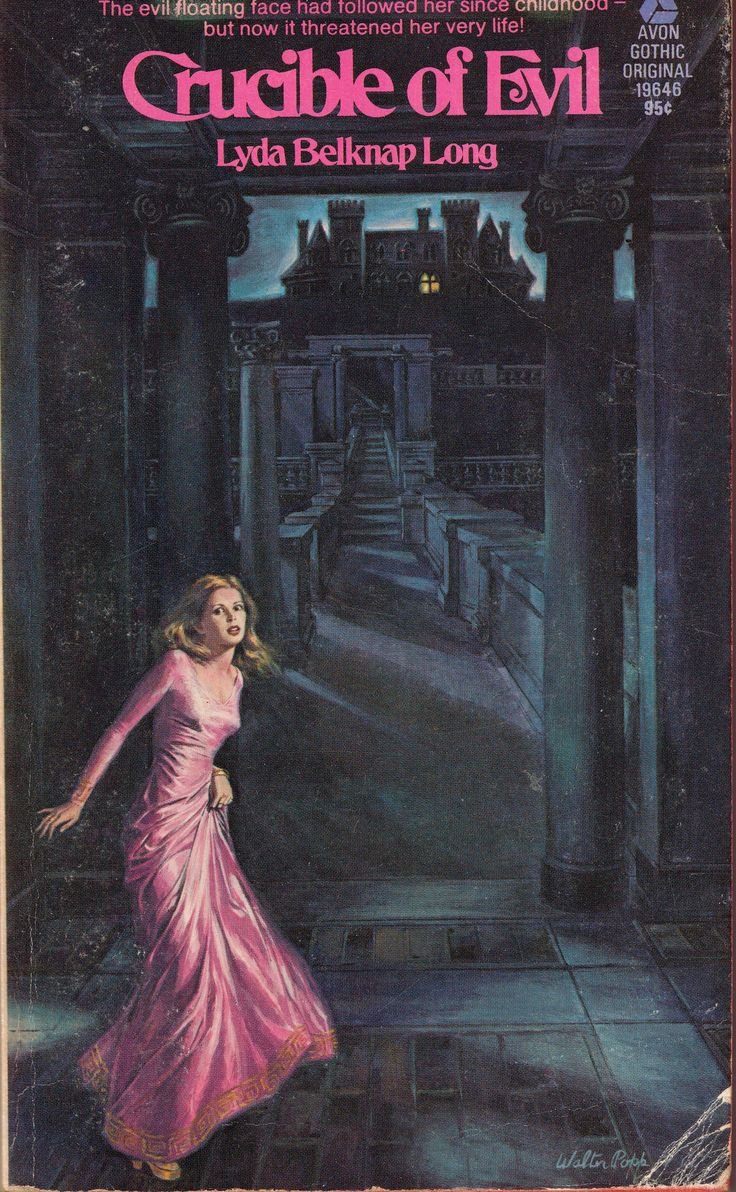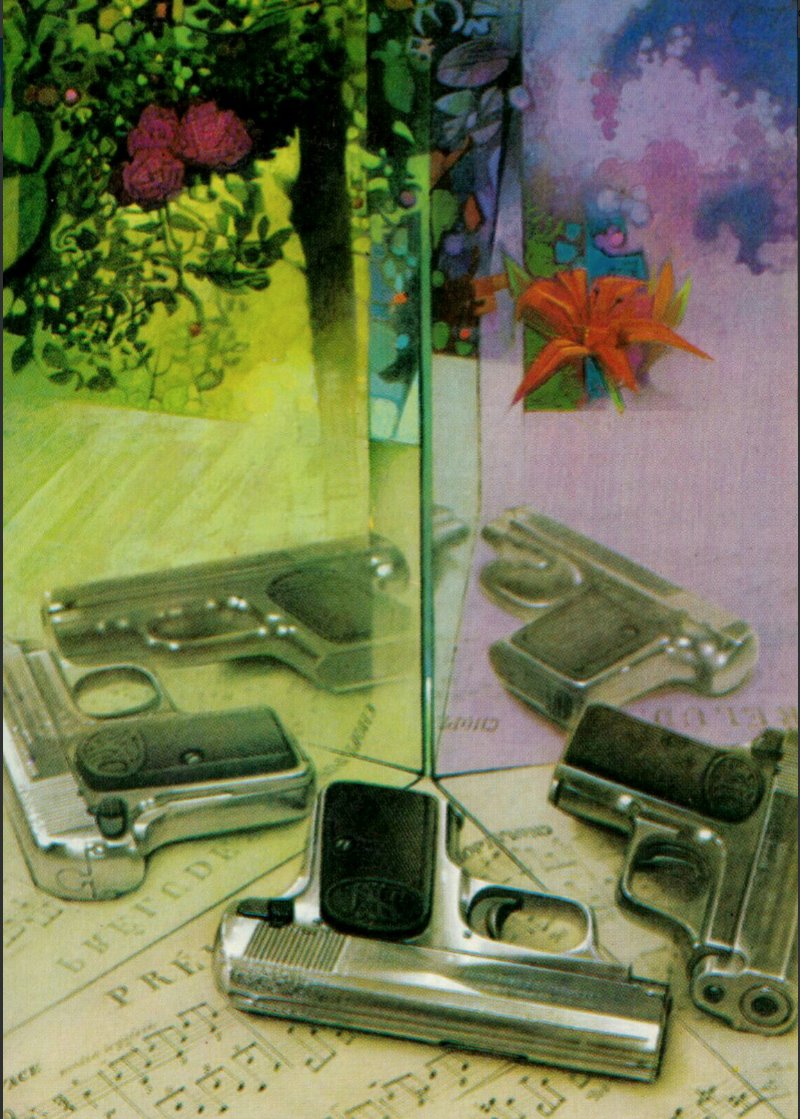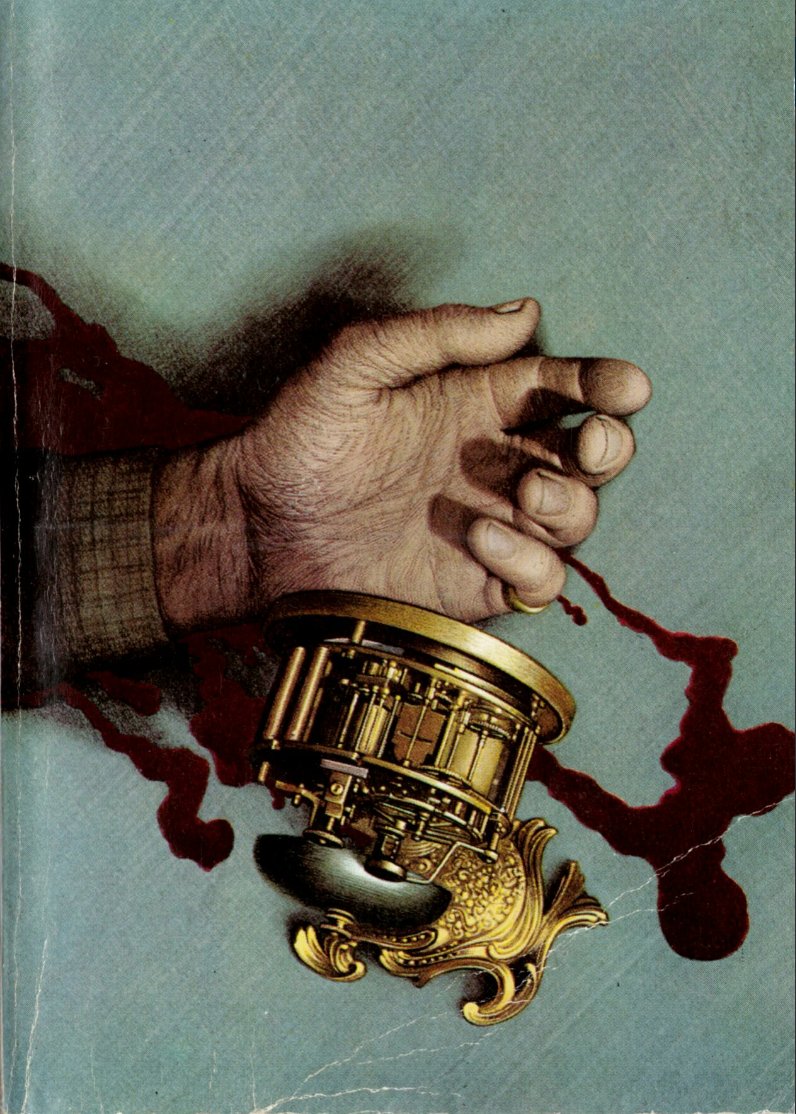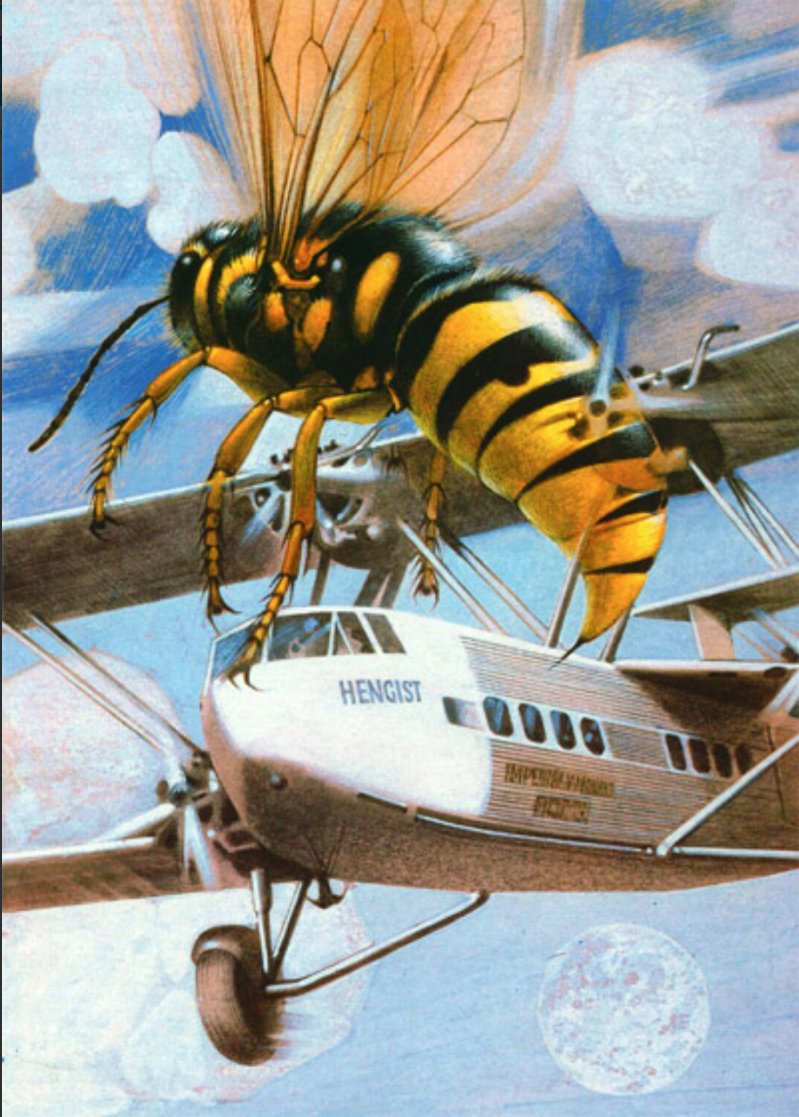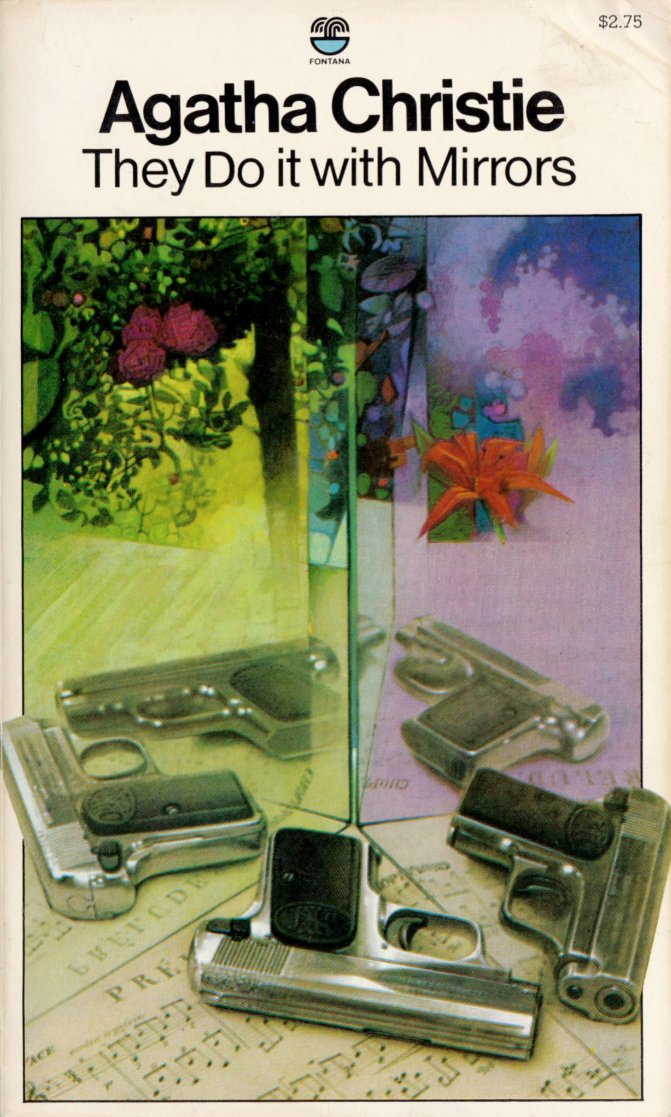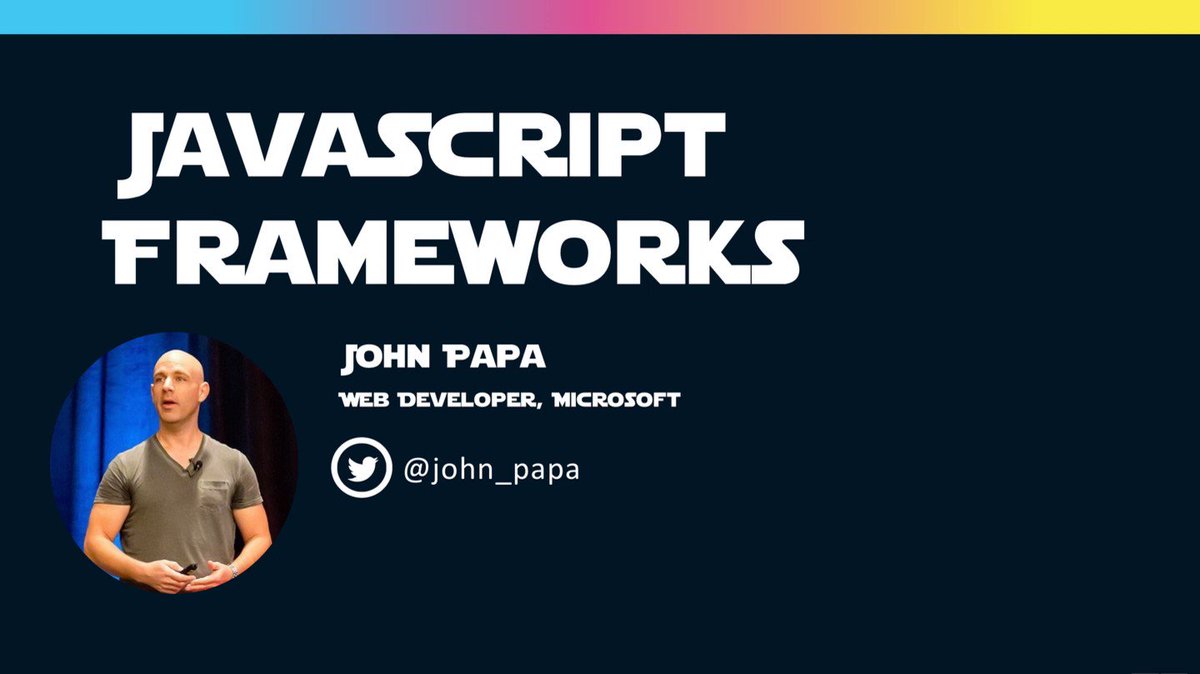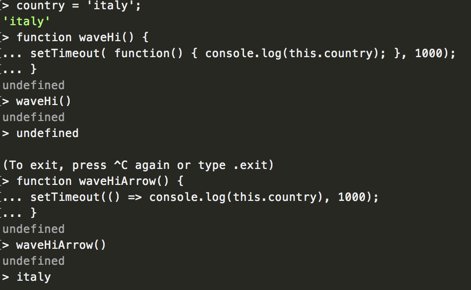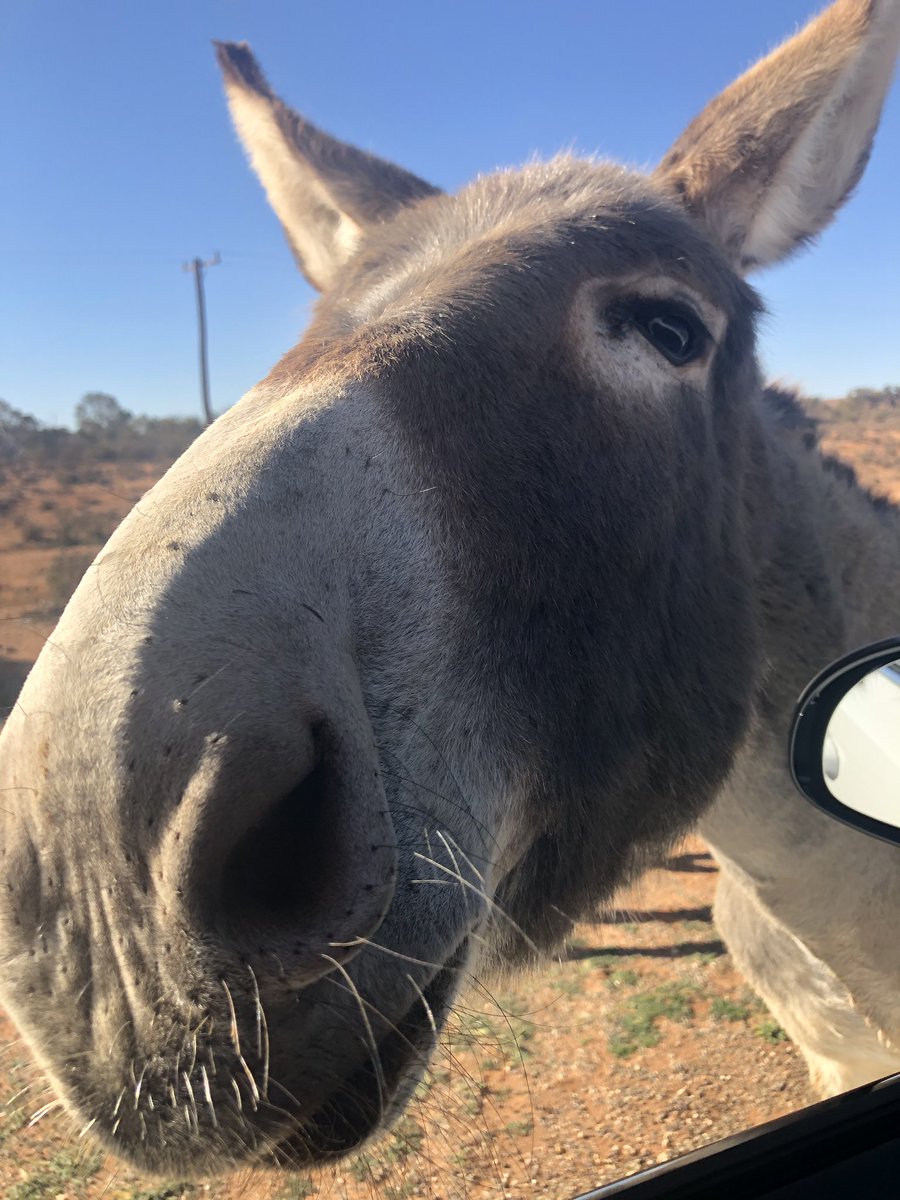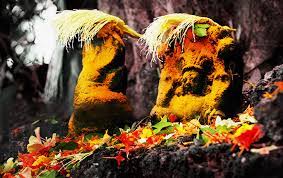2/
One of the most Monkey's Paw things about my life is my relationship to books. When I was a teenager, I read all the way through the school and public libraries, spent everything I had on books, and still couldn't get enough and dreamt of more.
1/
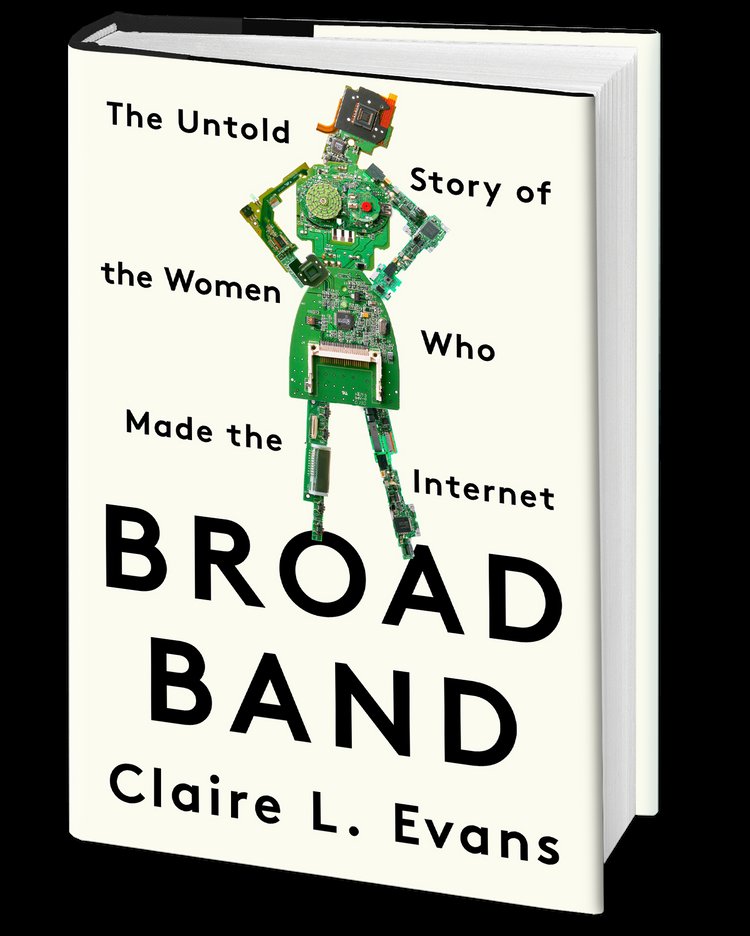
2/
https://t.co/CpaE8nxixA
3/
4/
5/
6/
7/
8/
9/
10/
11/
12/
13/
14/
https://t.co/my4bTbFCz8
15/
16/
17/
18/
19/
20/
21/
22/
eof/
https://t.co/tUTRPUgNbx
More from Cory Doctorow #BLM
Inside: Criti-Hype; Right to Repair is back for 2021; The free market and rent-seeking; and more!
Archived at: https://t.co/pXnzoWKJn2
#Pluralistic
1/

Criti-Hype: Tech bros will settle for "evil genius."
https://t.co/OyiM1vUS8Y
2/

There's a Yom Kippur joke I love: the rabbi and the richest man in town are praying, "Oh Lord, I am nothing, I am nothing!"
— Cory Doctorow #BLM (@doctorow) February 2, 2021
The synagogue's janitor sees them and joins in: "I am nothing!"
The richest man says to the rabbi: "Look who thinks he's nothing."
1/ pic.twitter.com/kHFKcNAnC4
Right to Repair is back for 2021: Will Apple sabotage this one too?
https://t.co/3gcyEZQWfk
3/
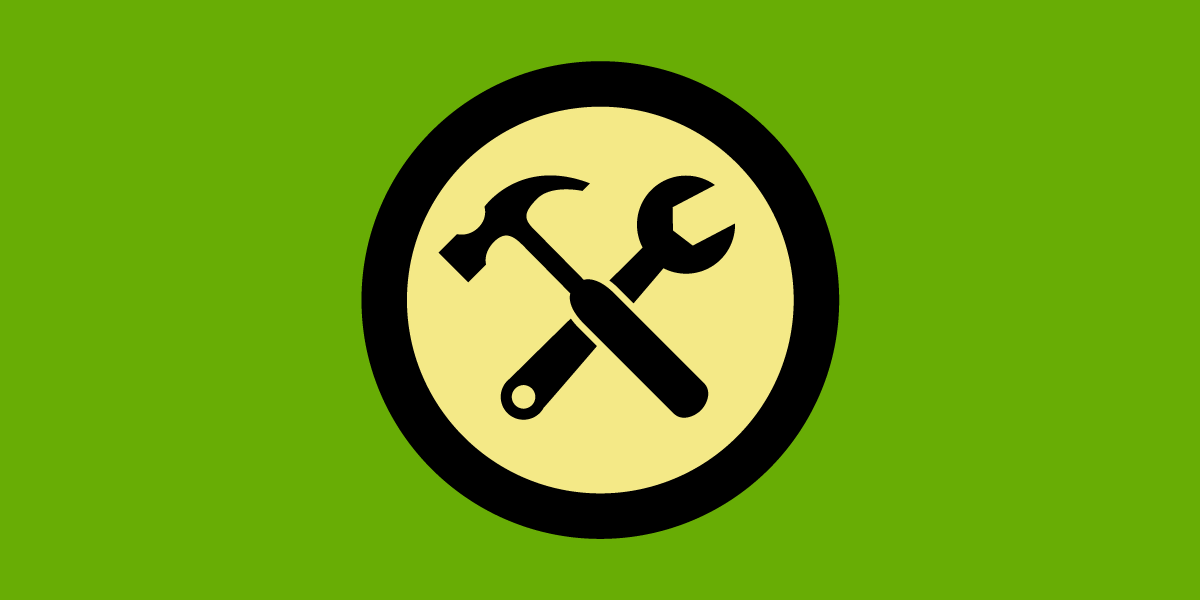
2018 was almost the year we won the #RightToRepair.
— Cory Doctorow #BLM (@doctorow) February 2, 2021
Instead, 2018 turned out to be the year we lost #R2R: 20 bills defeated in 20 state houses, and it was mostly @apple's fault.
1/ pic.twitter.com/oDYM17e22b
The free market and rent-seeking: Unauthorized bread and poor doors.
https://t.co/7Ob6AdmkDz
4/
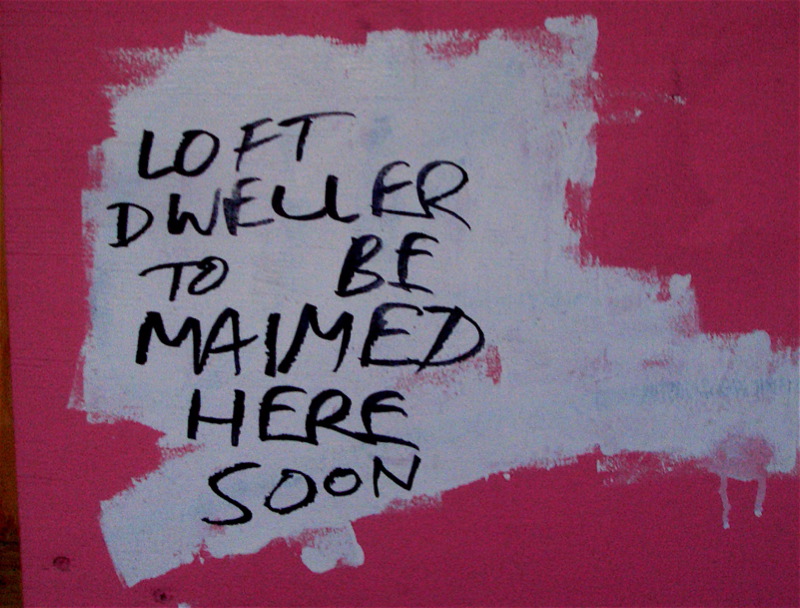
When you hear the phrase "free market," you probably think of "a market that is free from regulation" but that's the opposite of the phrase's original meaning!
— Cory Doctorow #BLM (@doctorow) February 2, 2021
1/ pic.twitter.com/QNAuJhMNWI
#10yrsago Diane Duane’s crowdfunded publishing experiment finally concludes https://t.co/qsRnZxiL8b
#10yrsago Inside Sukey, the anti-kettling mobile app https://t.co/puGNKw5XgF
5/
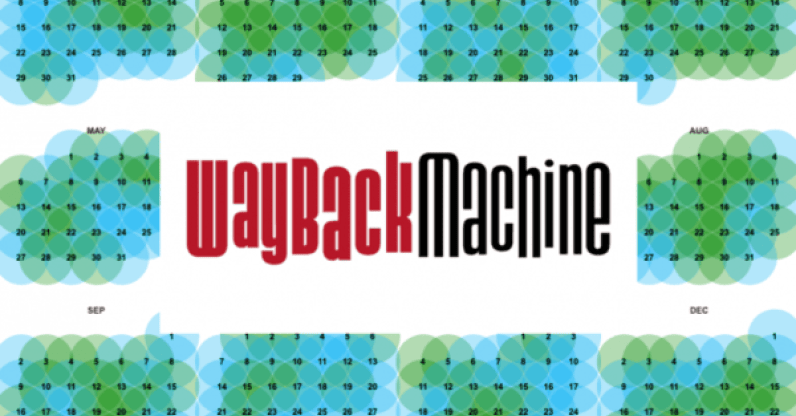
More from Culture
I'll begin with the ancient history ... and it goes way back. Because modern humans - and before that, the ancestors of humans - almost certainly originated in Ethiopia. 🇪🇹 (sub-thread):
The famous \u201cLucy\u201d, an early ancestor of modern humans (Australopithecus) that lived 3.2 million years ago, and was discovered in 1974 in Ethiopia, displayed in the national museum in Addis Ababa \U0001f1ea\U0001f1f9 pic.twitter.com/N3oWqk1SW2
— Patrick Chovanec (@prchovanec) November 9, 2018
The first likely historical reference to Ethiopia is ancient Egyptian records of trade expeditions to the "Land of Punt" in search of gold, ebony, ivory, incense, and wild animals, starting in c 2500 BC 🇪🇹

Ethiopians themselves believe that the Queen of Sheba, who visited Israel's King Solomon in the Bible (c 950 BC), came from Ethiopia (not Yemen, as others believe). Here she is meeting Solomon in a stain-glassed window in Addis Ababa's Holy Trinity Church. 🇪🇹
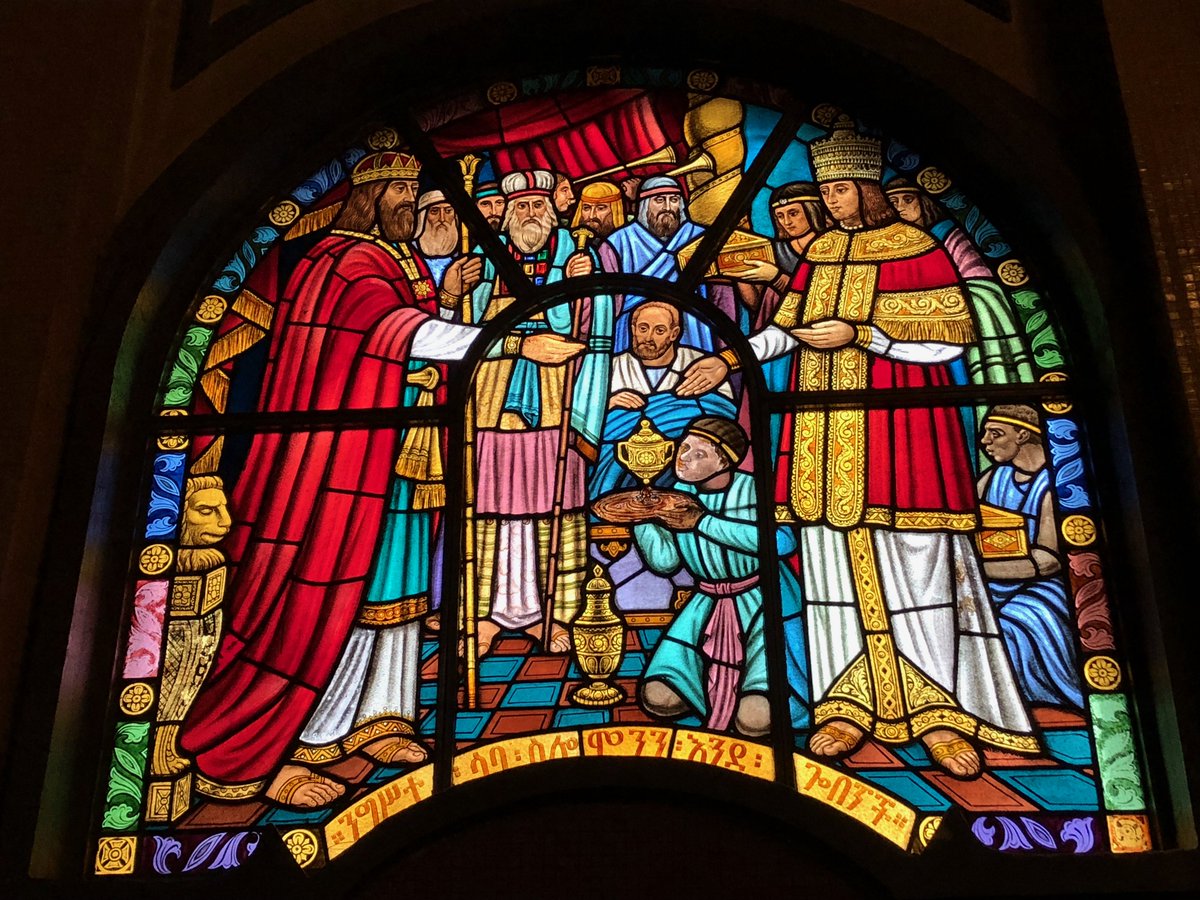
References to the Queen of Sheba are everywhere in Ethiopia. The national airline's frequent flier miles are even called "ShebaMiles". 🇪🇹
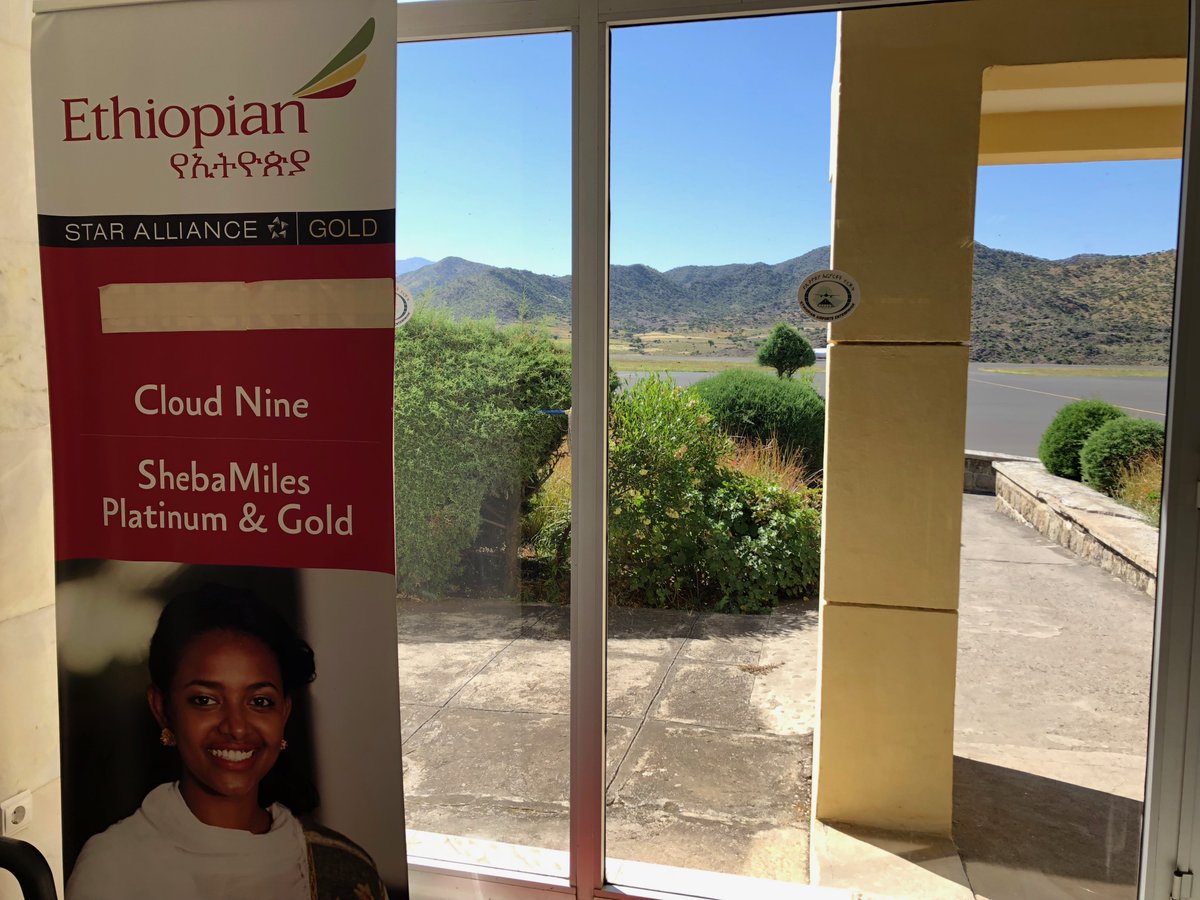
Translucent agate bowl with ornamental grooves and coffee-and-cream marbling. Found near Qift in southern Egypt. 300 - 1,000 BC. 📷 Getty Museum https://t.co/W1HfQZIG2V

Technicolor dreambowl, found in a grave near Zadar on Croatia's Dalmatian Coast. Made by melding and winding thin bars of glass, each adulterated with different minerals to get different colors. 1st century AD. 📷 Zadar Museum of Ancient Glass https://t.co/H9VfNrXKQK
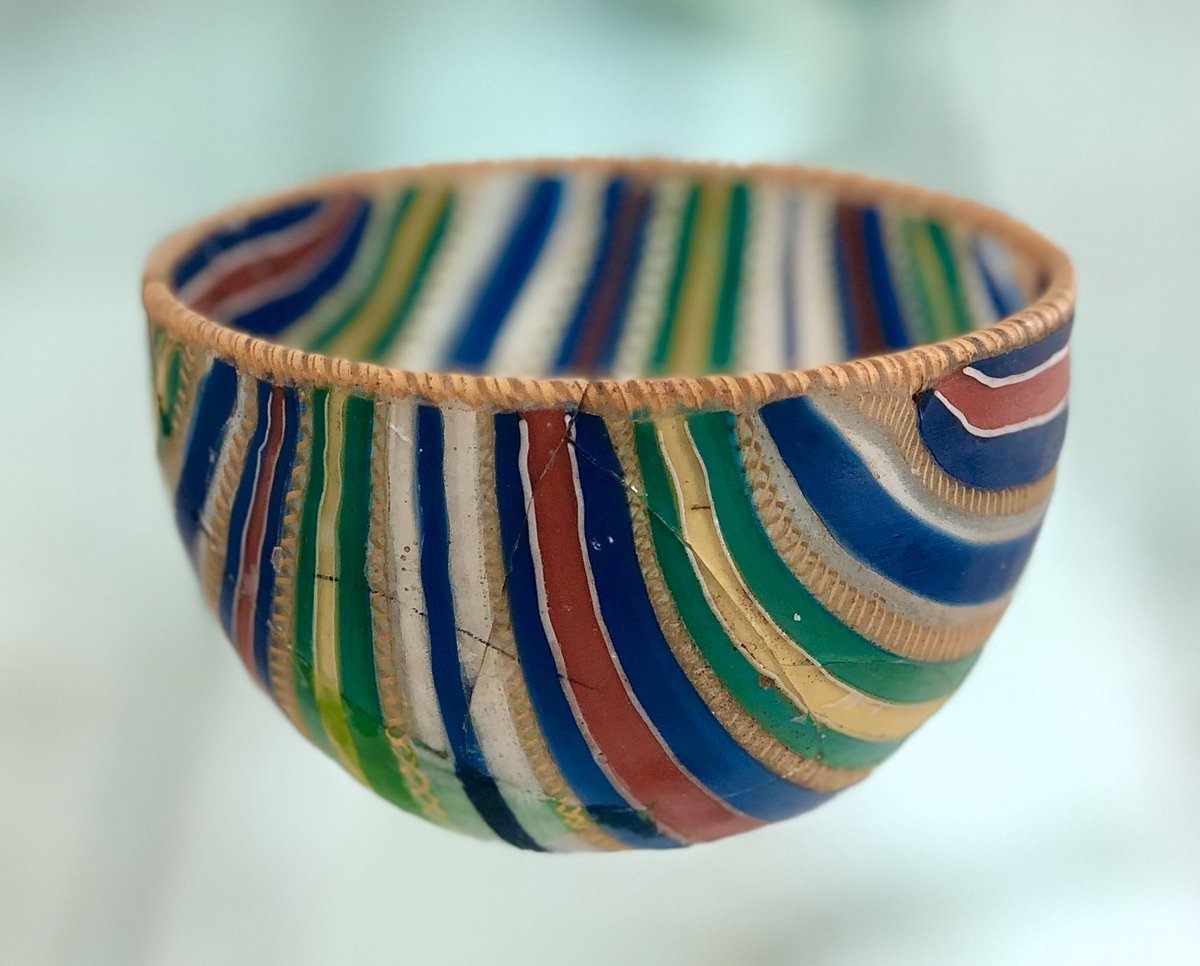
100,000-year-old abalone shells used to mix red ocher, marrow, charcoal, and water into a colorful paste. Possibly the oldest artist's palettes ever discovered. Blombos Cave, South Africa. 📷https://t.co/0fMeYlOsXG

Reed basket bowl with shell and feather ornaments. Possibly from the Southern Pomo or Lake Miwok cultures. Found in Santa Barbara, CA, circa 1770. 📷 British Museum https://t.co/F4Ix0mXAu6
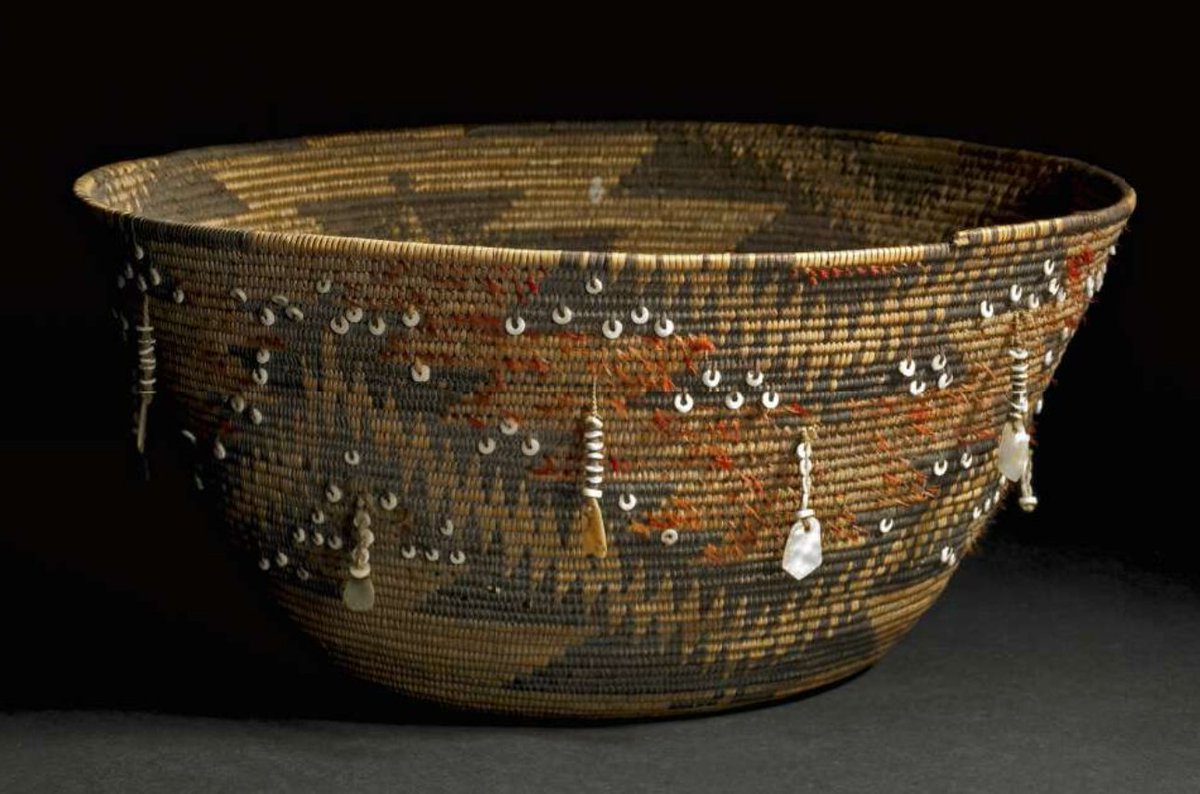
Wooden bowl with concentric circles and rounded rim, most likely made of umbrella thorn acacia (Vachellia/Acacia tortilis). Qumran. 1st Century BCE. 📷 https://t.co/XZCw67Ho03
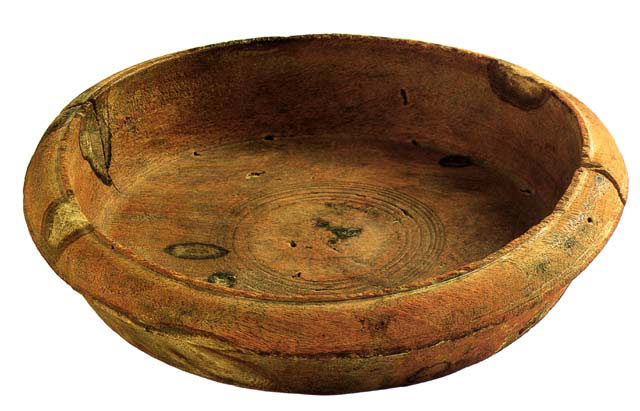
You May Also Like
Please add your own.
2/ The Magic Question: "What would need to be true for you
1/\u201cWhat would need to be true for you to\u2026.X\u201d
— Erik Torenberg (@eriktorenberg) December 4, 2018
Why is this the most powerful question you can ask when attempting to reach an agreement with another human being or organization?
A thread, co-written by @deanmbrody: https://t.co/Yo6jHbSit9
3/ On evaluating where someone’s head is at regarding a topic they are being wishy-washy about or delaying.
“Gun to the head—what would you decide now?”
“Fast forward 6 months after your sabbatical--how would you decide: what criteria is most important to you?”
4/ Other Q’s re: decisions:
“Putting aside a list of pros/cons, what’s the *one* reason you’re doing this?” “Why is that the most important reason?”
“What’s end-game here?”
“What does success look like in a world where you pick that path?”
5/ When listening, after empathizing, and wanting to help them make their own decisions without imposing your world view:
“What would the best version of yourself do”?

